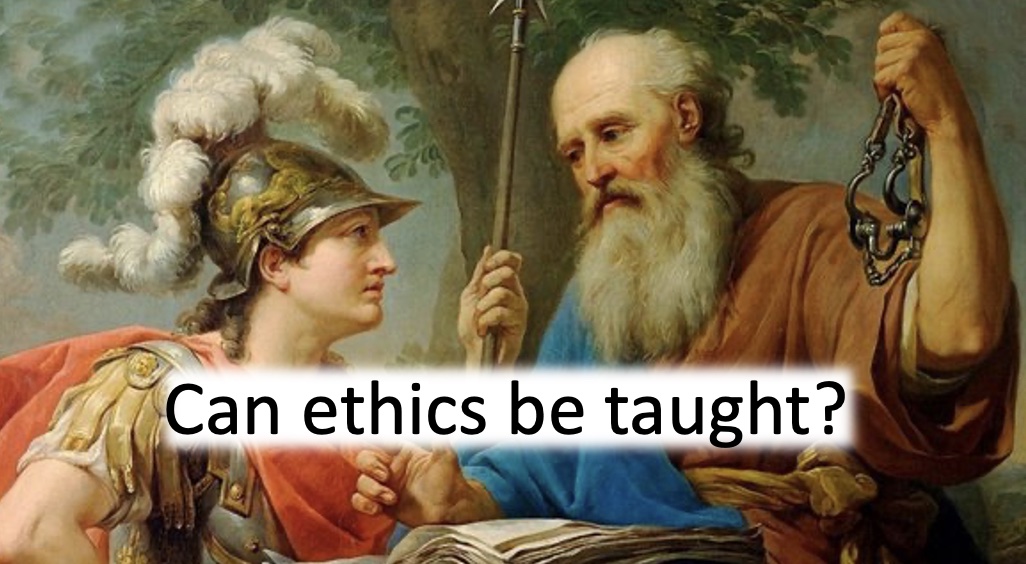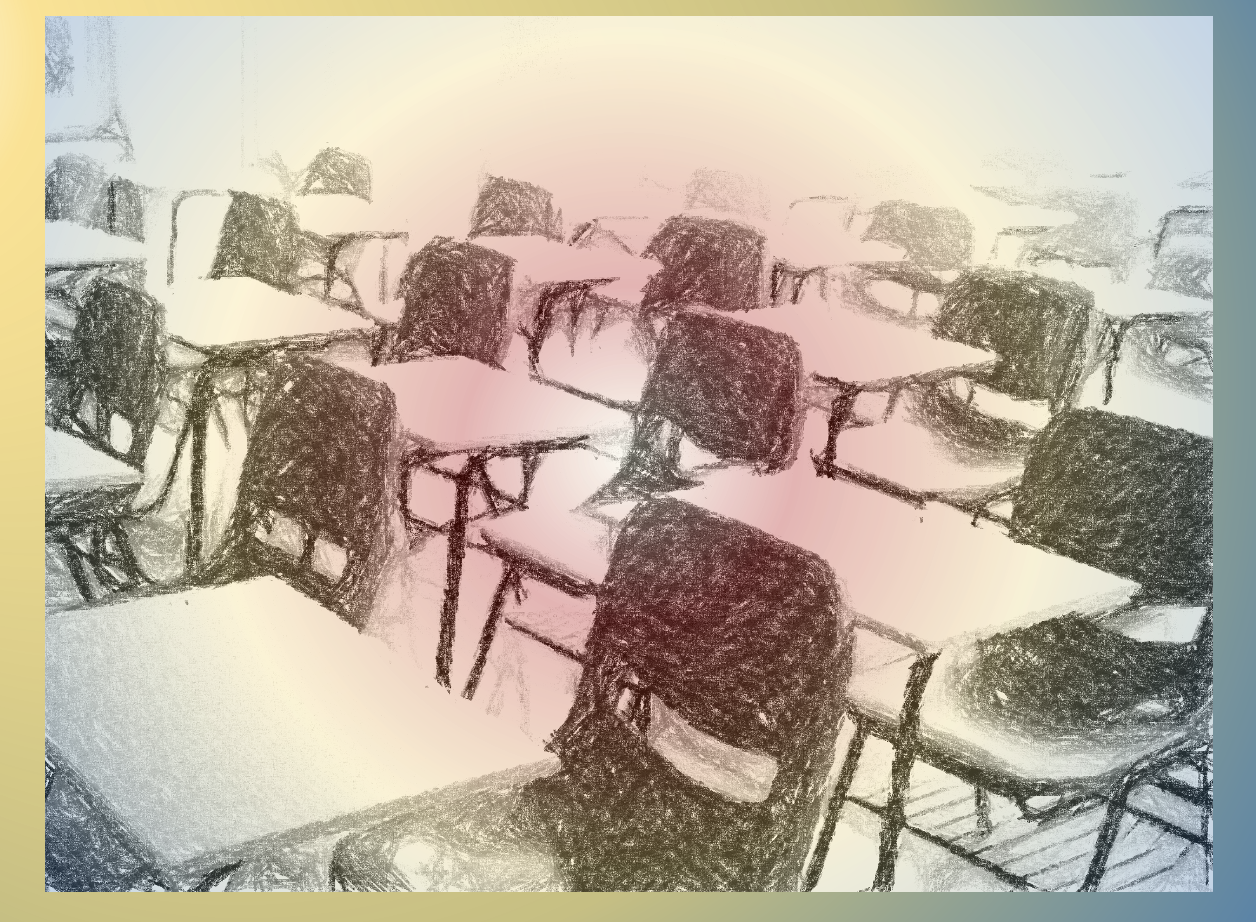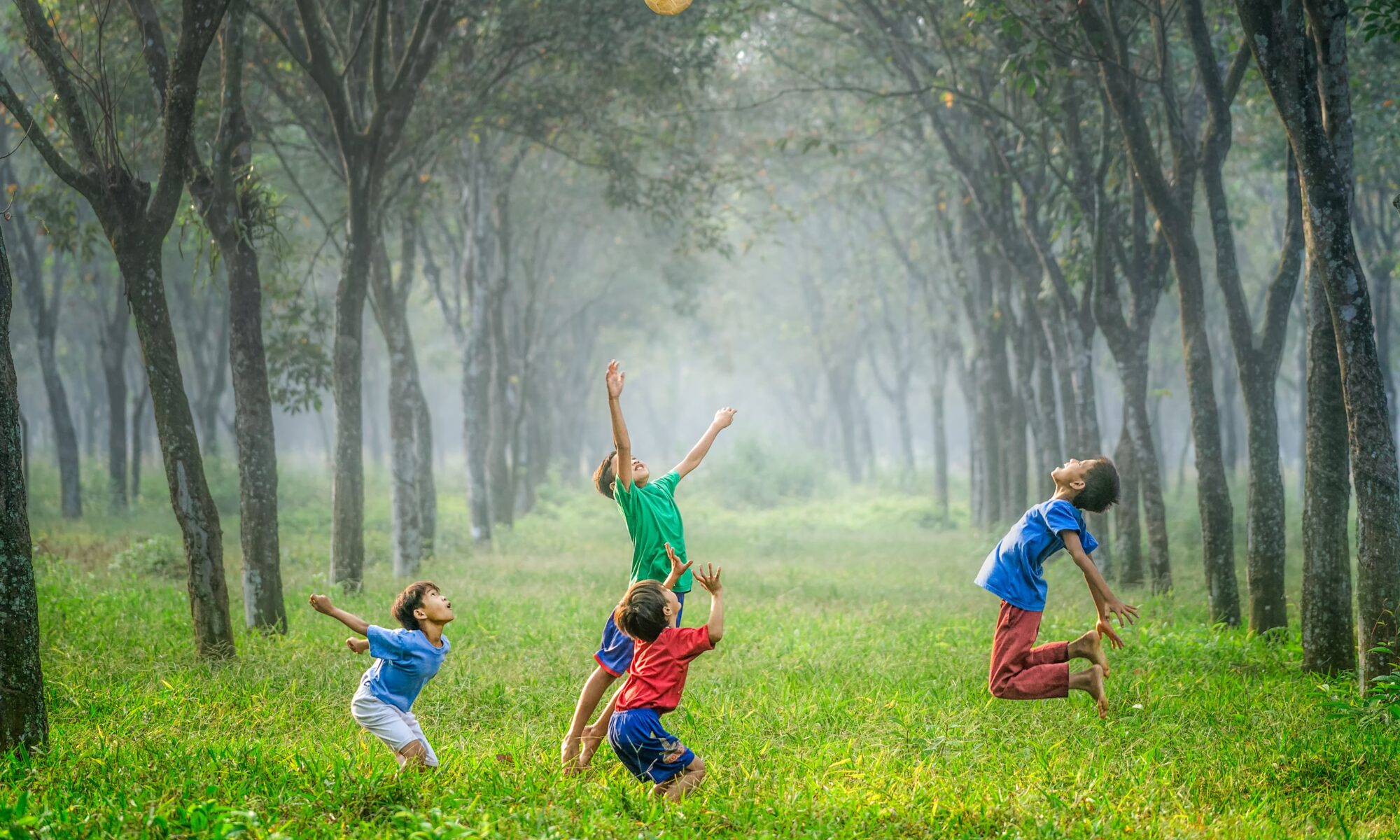October is global ethics month, at least according to the Carnegie Council for Ethics in International Affairs. The Carnegie Council has also declared the third Wednesday of October as Global Ethics Day. This October is busy for me in terms of public presentations on ethics. This month, I’ll be talking ethics with economic development professionals, folks working in healthcare, and educational leaders. I’ll also be speaking in Tennessee and Ohio on the ethics of war, and about ethical issues in political life.
As I’m reflecting on the common thread of these presentations, a few things come to mind. First, ethics matters for all human beings. It is especially important for professionals. Second, there are unavoidable moral conflicts. But there is also general consensus about what it takes to be good and to do good work. Finally, ethics can be taught and trained. We are not born knowing the difference between right and wrong. Rather, we learn this from mentors and role models. And even though we begin as novices in living well, we can improve. Let’s consider each of these points in turn.
Ethics matters for everyone including professionals
Human beings mostly want to be good, to do good, and to live good lives. There are some bad actors in the world: criminals and sociopaths exist. And some people may get a thrill out of being notorious, or have a strange admiration for bad guys (as I discussed recently). But for the most part, human beings want to be known for being good. And most people seem to understand that happiness depends in part on virtue.
This is especially true in specialized fields and in the professions. Consider sports as an obvious example. Athletic endeavors have standards of excellence and rules that must be followed. If you value the sport, you ought to want to play by the rules. A person who “wins” a 100-meter race by tripping an opponent has not really won. Cheating defeats the very idea of winning and of excellence in an endeavor.
Now consider the ethical codes, rules, and standards of excellence that govern doctors, lawyers, journalists, artists, and other professionals including soldiers. These ethical ideals define what it means to be a good doctor, lawyer, and so on. To be an excellent member of a professional community, you have to do the right thing.
This is also true in families, friendships, and in life in general. A good mother, father, brother, or friend is honest, kind, courageous, and respectful. Ethics matters in our relationships. It also helps define your identity: what you are known for, and who you are. Some of this is specific to professional roles. But much of what counts as ethical is found in widespread and common ideas about human flourishing and excellence.
Moral conflicts exist but there is also broad general consensus
This broad consensus about ethics is found in typical lists of key virtues, characteristics, and behaviors of good people. Around the world it is widely held that good people are fair, truthful, and compassionate. Different cultures and traditions may emphasize different sorts of virtues, or connect them in different ways. But there is no culture or tradition that says that murder is noble, that we should break our promises, or that cowards are admirable.
This is not to deny that there are conflicts and that some values are relative to culture and history. There are genuine dilemmas in ethics such as the conflict between justice and mercy. Proponents of retributive justice think that justice requires “eye for eye” retaliation. Others call for forgiveness, mercy, and compassion. This is a genuine conflict.
But here is also consensus in addition to conflict. The challenging nature of ethical dilemmas may be why people often spend more time talking about conflicts than about consensus. It is a bit boring to say that everyone values honesty. It is more provocative to think about cases when honesty may not be the best policy—for example, in cases involving spies or when authorities lie to people for their own good.
We can learn to be ethical
Finally, let’s note that we are not born knowing how to be good. I tend to be sympathetic to the idea that human babies are born with a tendency toward prosocial behavior, and maybe even an innate sense of compassion and fairness. But those innate tendencies must be nurtured and developed. Ethical behavior among adults is learned behavior. As Aristotle suggested character is “second nature.”
Goodness is developed by emulating role models. It is further developed by “direct instruction”: by some code or teacher literally explaining to us the difference between right and wrong. We also need coaches and mentors, who encourage us and offer criticism. It helps to have structures of accountability (including rewards and punishments). And we need positive peer pressure: good friends help us be better.
Training and mentorship are also important in professional life. Professional organizations help cultivate good behavior by instructing, coaching, and reminding. They hold individuals accountable, reward good behavior, and punish the bad. Good organizations often have codes, training programs, and systems that reinforce values and ideals. All of that is important for what is called “professionalization,” which is the process by which people come to identify with the values of professional life.
The Value of Ethics Month
With all of that on the table, let me conclude by suggesting why it is useful to have a month and a day dedicated to ethics. It is easy to get lazy and take your eye off the ball. But if you want to live well, you need reminders and admonitions. We often take virtue and character for granted and simply assume that people will figure this out for themselves. Some folks may also think that some people are just good by nature, and others are irredeemably corrupt. But the truth is that we can improve. Reminders help, as do mentors and role models. It also helps to set aside some time—a month, a day, or an hour—to think critically and explicitly about ethics.




